While some museums are closed due to the Covid-19 pandemic, Apollo’s usual weekly pick of exhibitions will include shows at institutions that are currently open as well as digital projects providing virtual access to art and culture.
This virtual exhibition is chance to explore the varied collection of palimpsests – manuscripts from which text has been erased so that the paper can be reused – held at Cambridge University Library. With some 50 manuscripts dating from the fifth century to the 18th, the display explores how scholars have sought to decipher the hidden texts using techniques that range from magnifying glasses to cutting-edge imaging technology. The centrepiece is the eighth-century Codex Zacynthius – the oldest surviving manuscript containing the Greek New Testament to include commentary from early Christian theologians, written in the margins of the undertext. Other highlights include the Archimedes Palimpsest, a Byzantine prayer book from the 13th century written over seven important treatises by Archimedes. The physical exhibition will open at Cambridge University Library when Covid restrictions permit; in the meantime you can explore it online.
Preview below | View Apollo’s Art Diary here
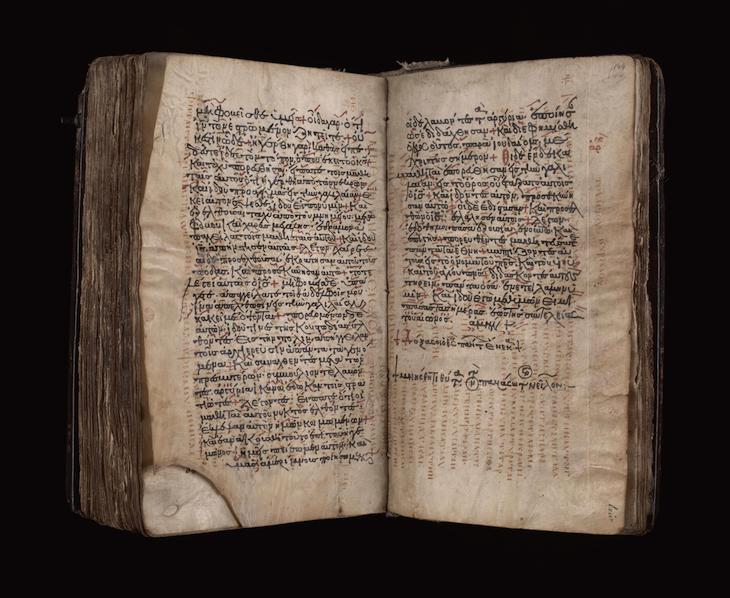
The Codex Zacynthius. Photo: Cambridge University Library
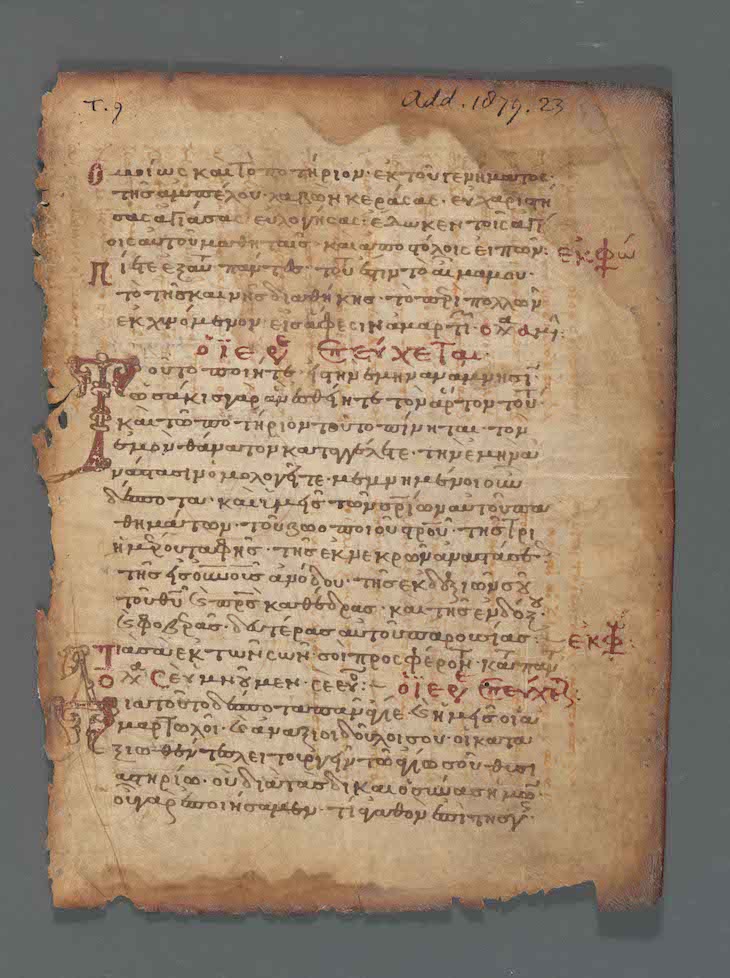
The Archimedes Palimpsest in visible light. Photo: University of Cambridge
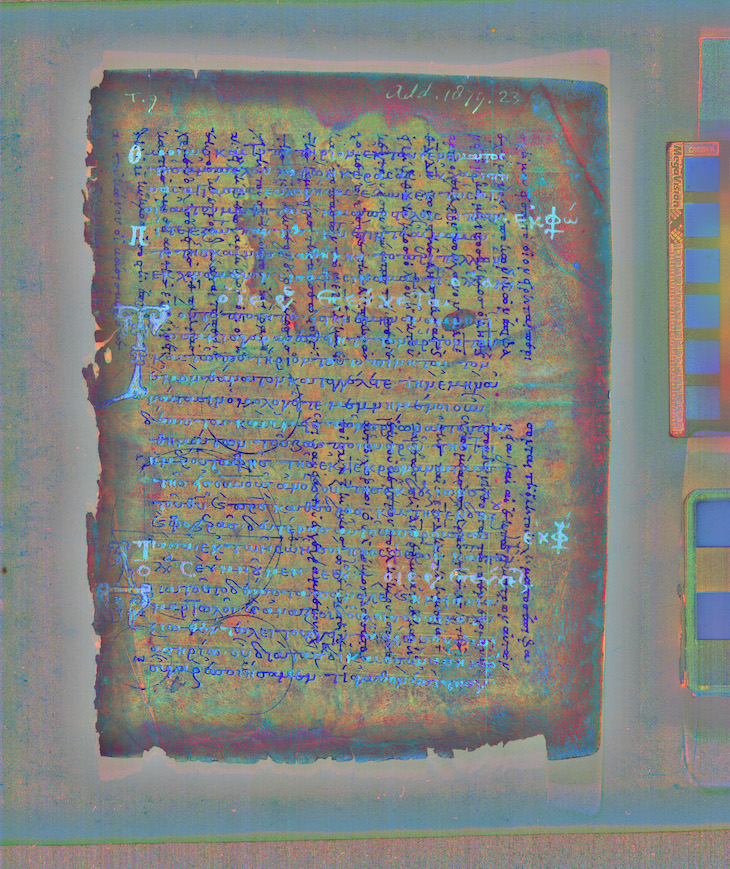
The Archimedes Palimpsest under multispectral imaging. Photo Cambridge University Library
Unlimited access from just $16 every 3 months
Subscribe to get unlimited and exclusive access to the top art stories, interviews and exhibition reviews.

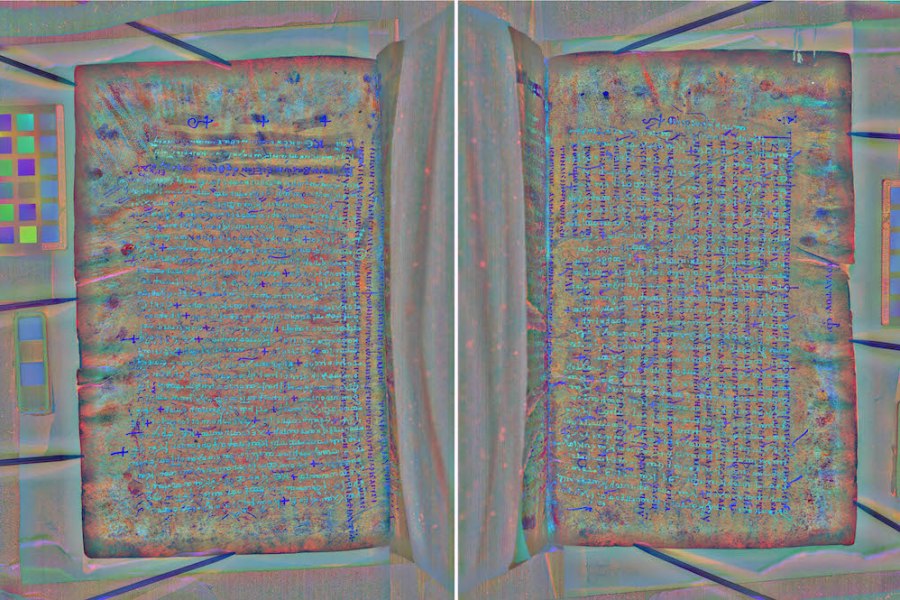

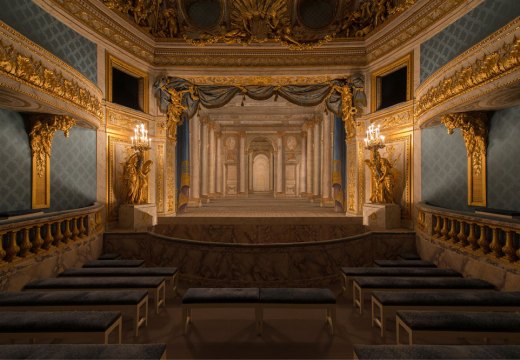










![Masterpiece [Re]discovery 2022. Photo: Ben Fisher Photography, courtesy of Masterpiece London](http://www.apollo-magazine.com/wp-content/uploads/2022/07/MPL2022_4263.jpg)
It’s time for the government of London to return to its rightful home